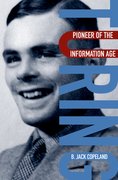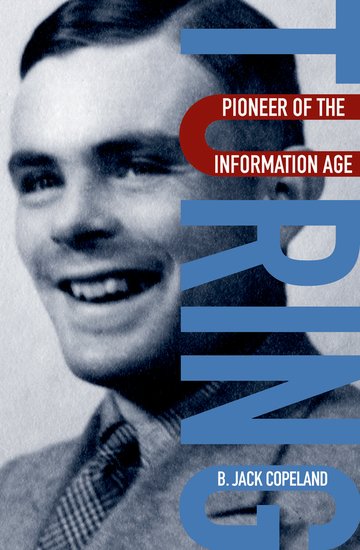The father of the modern computer
Who was Alan Turing and why is he regarded as one of the greatest scientists of the 20th century? How did he become the father of the computer science? How did the development of the Automatic Computing Engine lead to the development of the first modern computer? We spoke with B. Jack Copeland, author of Turing: Pioneer of the Information Age, about Turing’s work.







